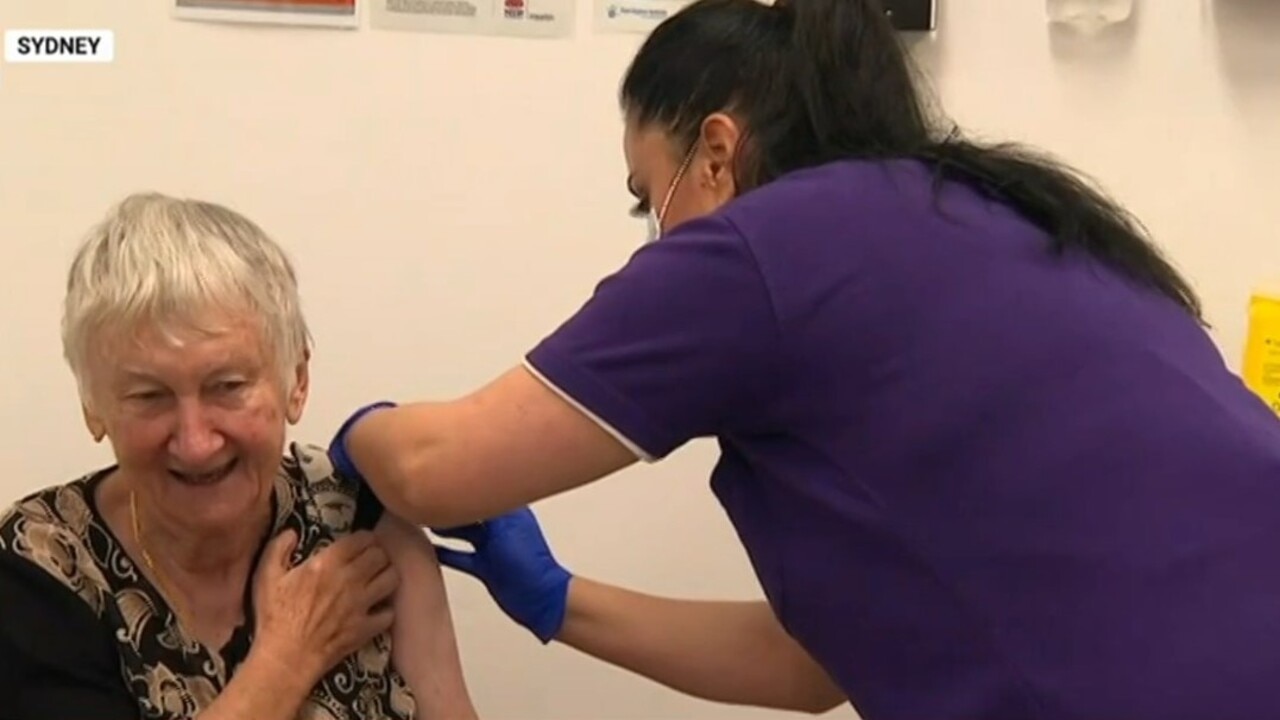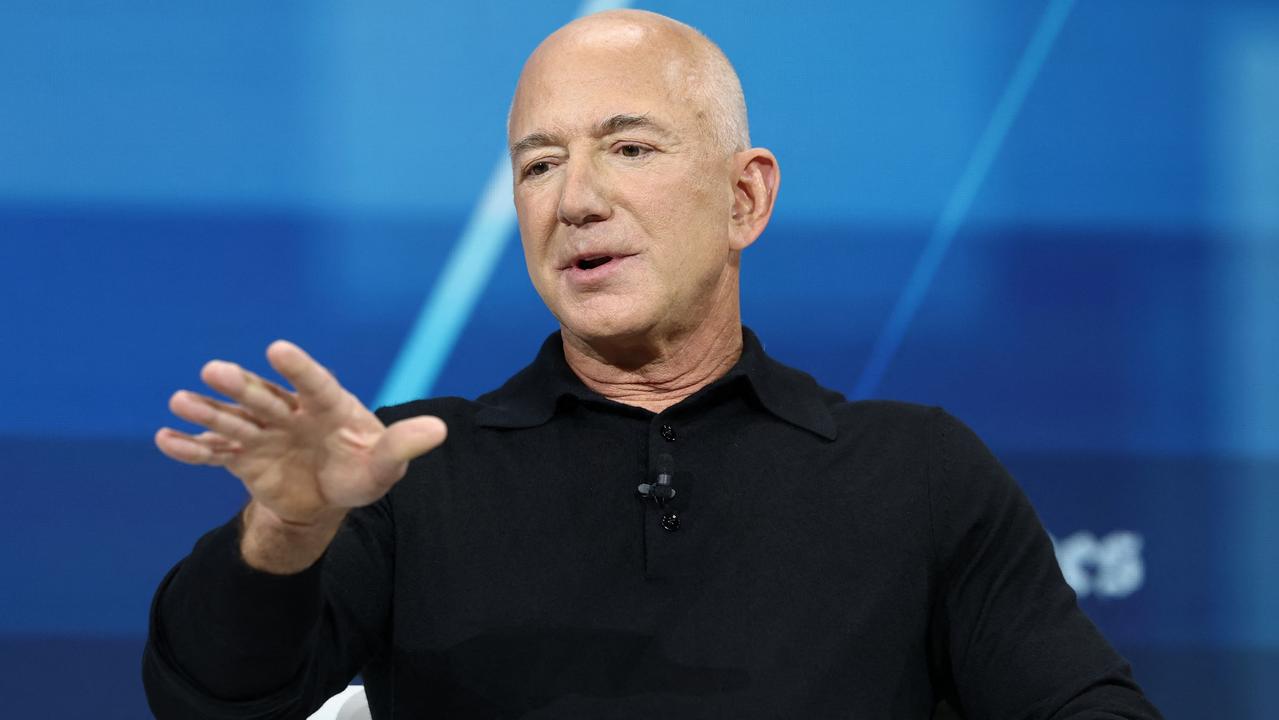Quest for the best coronavirus vaccine has one sure-fire winner: you
The pandemic, for all its tragedy, has provided a ‘dream study’ in vaccine technology that could revolutionise medicine.

In idle moments, during drinks at virology conferences, vaccine researchers had speculated about the ultimate experiment. If every vaccine technology we had was set the same task, with unlimited funding, which would win?
“Of course everyone has their favourites,” said Adrian Hill, head of Oxford’s Jenner Institute, which designed the Oxford-AstraZeneca vaccine.
Do you prefer good old-fashioned inactivated virus? Protein sub-units? Messenger RNA? Adenovirus vectors? The problem is, how do you make your case?
“They never get compared head-to-head in humans,” Hill said. “It’s too expensive.” Until this year, that is.
The pandemic, for all its tragedy, has been “the dream study”, Hill said.
But the results have not been taken in the scientific spirit in which they were meant, perhaps. Although more than a dozen vaccines, using several technologies, have yet to report their results — itself important information, implying that their approaches are not the ones on which to rely — much of the world has already made its decision.
In Germany vials of the Oxford- AstraZeneca vaccine are reportedly unused as people skip appointments. In France, where President Macron wrongly stated that the vaccine was ineffective in the elderly, public health officials are also worried about take-up. There are signs that the elderly want Pfizer-BioNTech instead.

For vaccine researchers this is, understandably, infuriating. As Mike Ryan, the World Health Organisation’s health emergencies director, put it, for now the best vaccine is the one you can get into your arm. More than that, what matters for individuals is stopping severe disease – and the signs are that all vaccines are equally good at that.
Still, our hopefully once-in-a-generation experiment is yielding important information, not least about future vaccines, both for other diseases and for the inevitable coronavirus booster jabs.
“What we are seeing is a gradation in efficacy,” David Salisbury, former director of immunisation at the Department of Health, said. Moderna and Pfizer claim efficacy of about 95 per cent. Novavax and Russia’s Sputnik vaccine claim to hit about 90 per cent. Johnson and Johnson’s single-dose vaccine was 66 per cent. Oxford-AstraZeneca appears to range, depending on the dosing schedule, from about 60 per cent to 90 per cent. (Although, Salisbury added, if you suggested that the Oxford vaccine came out worse in this comparison Hill might “grab you by the throat and force you to eat the words”.)
So far there is little doubt that the mRNA vaccines, from Pfizer and Moderna, have been the great revelation of the pandemic. This technology has long promised a medical revolution. By interfering with the genetic signals sent by cells (the “m” stands for “messenger") it allows us to hijack the body to our own ends – in the case of a vaccine to churn out little fragments of coronavirus spikes.
A year ago not only had mRNA technology not been used for a vaccine, it had not been used for any therapy. When Kate Bingham, chairwoman of the vaccines task force, ordered Britain’s doses, she admitted that it was a big bet on a “hairy, scary” technology. The bet paid off.
“The mRNA vaccines have been remarkable, to be honest,” Paul Hunter, professor in medicine at the University of East Anglia, said. “They seem to be the most effective and have fewer side-effects.” Their key drawback is the need for extreme cold storage, but even that is changing. This week Pfizer said that it had been overcautious on insisting on minus 70C: minus 25C works.

Salisbury said there was still a lot to play for: “The critical question is when will immunity be lost?”
Viral vector vaccines such as Oxford’s work on a parallel principle to mRNA vaccines. Using a benign virus, they insert genetic code from coronavirus into a cell, tricking it into making the spikes on the outside of the virus.
“Boostability” is the other great test. Providing long-term immunity is useful only if the thing you are immune to doesn’t change. In the future, perhaps even this autumn, we will need boosters to cope with viral evolution. We may even need several, grouped in a “quadrivalent” vaccine like the one for flu.
This is when the viral vector approach, even if it does provide durable immunity, hits a problem. What if as well as gaining antibodies against the coronavirus, your body learns to fight the vaccine? “If we move to annual boosters then anti-vector immunity may eventually build up to the point where it compromises immunity,” Eleanor Riley, professor of immunology at the University of Edinburgh, said. Danny Altmann, professor of immunology at Imperial College, thinks this could lead to “diminishing returns” from vaccines such as Oxford-AstraZeneca’s.
For now this is yet another unknown among many. Within the human body only the brain is more complex than the immune system. We still have no way of knowing how someone will respond to a vaccine until we put it in them. And we have no way of knowing how a vaccinated person will respond to a virus until we expose them to it.
This is why, argues Daniel Davis, professor of immunology at Manchester University, this year’s “big global experiment in vaccine tech” could result in an entirely new way of looking at vaccination. Although some vaccines may be lost in time, he said, “we are going to learn a lot about how the immune system is configured in different people”.
Davis, who has written a book about this, The Secret Body, said: “At the very least it seems feasible that some vaccines will work better in elderly people while others may work better in young people. It seems to me that a varied use of vaccines – including which vaccine works best for you – is going to be part of the big picture in the end.”
So we may look back on Hill’s “ultimate experiment” not as a competition to find the best vaccine for the world, but to find the best vaccine for you. And there will be many winners.


